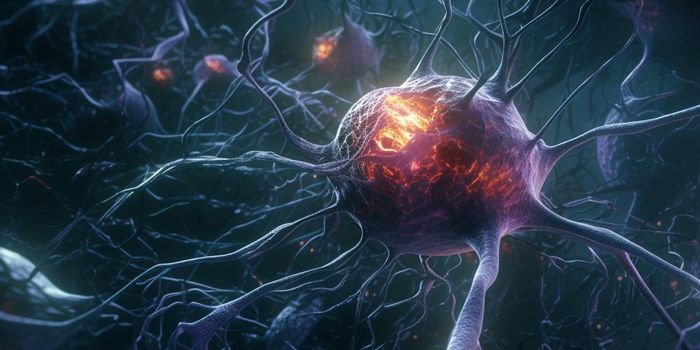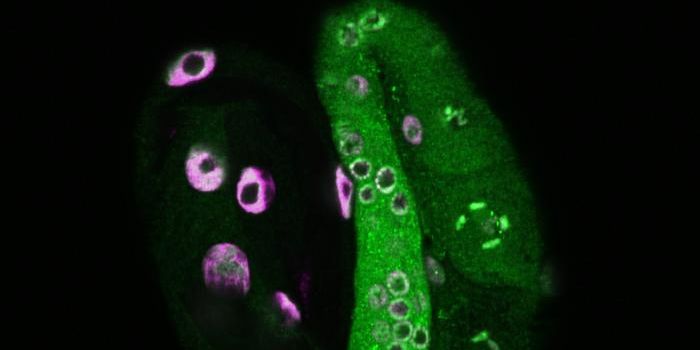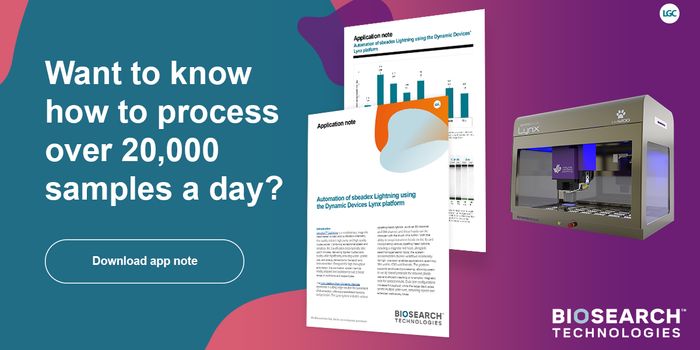Lactose Tolerance Quickly Moved Through Europe
Researchers have found evidence that humans in Europe gained the ability to metabolize the lactose, the sugar in milk, after infancy. In this work, scientists extracted genetic material from the bones of people that died in a conflict that occurred around 1200 B.C. on the banks of a German river called the Tollense. Reporting in Current Biology, the researchers determined that only one of the eight individuals carried a genetic variant that gave them the ability to digest the lactose that's found in cow's milk.
"Of the present-day population living in this same area, around 90 percent have this lactase persistence," noted lead study author and population geneticist Professor Joachim Burger of Johannes Gutenberg University Mainz (JGU). "This is a huge difference when you consider that there cannot be many more than 120 human generations between then and today."
Other than a few genetic variants (like one for lactase persistence), the people that lived in the Tollense region have genomes that are similar to people living in today's northern Germany and Baltic Sea area.
"The only way to explain this difference between these Bronze Age people and those of today is very strong natural selection," noted study author and biologist Professor Daniel Wegmann of the University of Fribourg in Switzerland. "We conclude that over the past 3,000 years, lactase-persistent individuals had more children or, alternatively, those children had better chances of survival than those without this trait."
A strong selective advantage was found for this variant. "In each generation, lactase-persistent individuals have a six percent greater chance of surviving to reproductive age than non-lactase-persistent individuals," said Professor Joachim Burger.
In 2007, Burger's team found that very few people who settled down and began to farm in the area were lactase-persistent.
"It is astonishing that at the time of the battle at the Tollense, more than 4,000 years after the introduction of agriculture in Europe, lactase persistence in adults was still so rare," said Burger.
So why was it so advantageous for humans to be able to digest the sugar in cow's milk early in life?
"With milk being a high-energy, relatively uncontaminated drink, its ingestion may have provided greater chances of survival during food shortages or when supplies of drinking water were contaminated. Particularly during early childhood, in the years shortly after weaning, this factor often may have been decisive amongst prehistoric populations," Burger suggested.
The bones used in this study came from the Tollense Valley, which is the site of what's now considered to be the oldest battle in Europe. Archeologists have been studying this area for over a decade.
Not everyone can easily digest lactose. Learn more about lactose intolerance from the video.
Sources: AAAS/Eurekalert! via Johannes Gutenberg Universitaet Mainz, Current Biology








